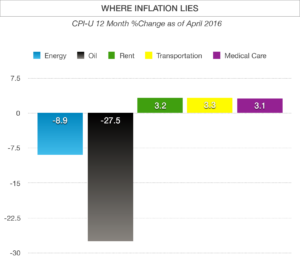Fear and panic have hit the markets as if a massive earthquake hit the shores of the UK, as the Brexit vote has been tallied in favor of leaving the European Union (EU). The vote was very close, however most of the UK voted to leave. Scotland, North Ireland and London voted to stay. The vote was enough to send Prime Minister David Cameron to the podium to announce his resignation after the next party convention in October. The Pound Sterling was sent crashing to its lowest levels in 30 years, and other markets are reacting in a free-fall around the world.
Voter turnout was a record high of 72.2% passing the exit bill at 52% to 48% in favor of leaving the EU.
So what does it all mean? What this means is a lot of changes, and markets do not like change, they like stability. The main change will be Britain will have its sovereignty back and will be allowed to make its own laws without the fear of the EU overturning those laws.
This will come at a cost, the EU provided several benefits, namely the freedom of movement of people and goods and services. The 28 member states of the EU offered each country’s citizens to move freely between each country without a visa, people could travel freely, live, or work where ever they wanted in any EU country. Similar to the USA, where a person from California could move to New York and live and work there.
A problem with the “free movement of people” was the refugee crisis, the people of the UK were feeling like their social system was already at max capacity and the EU was going to cram millions more people into the system. As refugees are brought into one EU country and processed, they then have free movement to all the countries and access to the jobs of those countries, along with new passports, etc. The UK felt this to be unwise for long-term political and social stability, since there was virtually no vetting of these immigrants.
The UK will now have to renegotiate with each country the ability of its citizens to move about the EU. The Brits abroad may have to make applications to those countries they are currently living and working in to be able to stay, similar to any immigrant from another country. Or maybe they will come up with some grandfather clause to make it easier on those folks.
The movement of goods and services will have to be renegotiated as well. The many products that are produced in the UK and moved about Europe freely without any tariffs or other import/export restrictions may change, some of those products may be replaced by other countries in the EU thus hurting British businesses.
With the markets in a free-fall over this important vote, it may spell buying opportunities. Such political uncertainties always cause market turmoil, which spells opportunity. One headline this morning reads: Soros looks set to make a killing on Brexit result.
Overall it will be hard to tell the from this vantage point the long term results of this vote, however, it will be a spectacle to watch as it unfolds around the world. The UK is a critical country on the world stage and one of our most important allies. Perhaps this will provide opportunity to make our relationship even stronger.
One thing we do know is the sun will rise on the UK again as it will the world over - a new day will dawn - its not the end yet! So keep calm and look for the good opportunities to work together and continue to make the world a better place.
“Try not to become a man of success but rather try to become a man of value.” ~Albert Einstein







